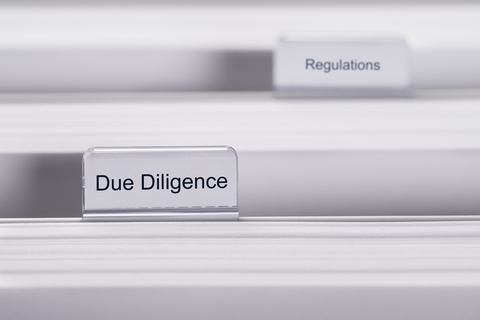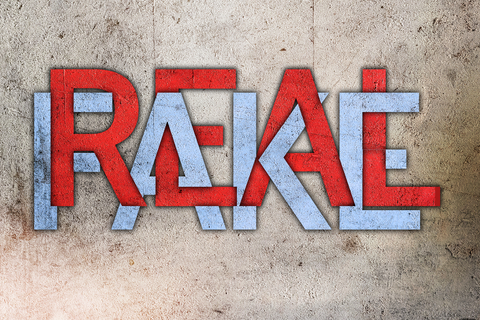Don’t rely on a basic background check
People often confuse a due diligence background investigation with other types of background checks, including employment, tenant, and regulatory checks. Unfortunately, this confusion can lead to a false sense of security.
For example, some may feel that, since U.S. securities law requires broker-dealers to “fingerprint certain associated persons working in a non-registered capacity who may present a risk to customers based on their positions,” their investments are safe. In highly-regulated industries such as legal cannabis, an investor might decide that someone would make a good business partner, since they’ve passed the state or local government background check.
But here are two big issues with relying on basic screenings:
They’re not always done – Just ask JP Morgan Securities customers after learning the the firm had been fined for “failing to conduct timely or adequate background checks on approximately 8,600, or 95 percent, of its non-registered associated persons from January 2009 through May 2017.” Requirements don’t always translate into compliance.
They’re not that thorough – Securities law requires that JP Morgan Securities and other broker-dealers check criminal and regulatory records, which is a pretty narrow slice of someone’s life. When you read the laws about who can be denied a Colorado marijuana retail or medical license, it appears that regulators look at just the applicant’s criminal history. And in the case of employment/tenant screenings, they fall under the Fair Credit Reporting Act (FCRA), which limits searches to the past seven years.
But a due diligence background investigation is different. Generally used in investments, partnerships, or other high-risk business dealings, it covers much more than a basic background check. Here’s why:
It goes beyond just criminal courts – Due diligence investigations include civil and bankruptcy courts, as well as foreclosures, judgments, and liens. They cover cases in which their targeted firm or individual is listed as a defendant or a plaintiff. And, since not all cases make it to court, an investigator will dig deep for other warning signs.
It covers multiple jurisdictions – Basic background checks generally look at criminal court cases for the location in which the subject currently resides. Due diligence investigators check address history and others sources so they can search as many jurisdictions as possible, including local courts.
It has no time limit – Due diligence does not fall under the FCRA, so investigators can go back as far as they want. Since you’re covering a longer time frame, it’s easier to spot patterns of (mis)behavior.
It goes beyond public records – Due diligence requires a 360-degree view of an individual and company. How do they operate within their industry? Did they lie about their college degree or other supplied information? What news and social media about your subjects’ personal and professional lives might affect the outcome of the deal?
It goes off-line – Depending on the level of risk, due diligence investigators run manual court and public records searches as needed. They visit the business, meet with past employers or business partners to learn what can’t be found in a database.
When you have a lot at stake, don’t rely on a basic background check. Take a broad and deep look at key individuals and companies – before you make your big decision.



